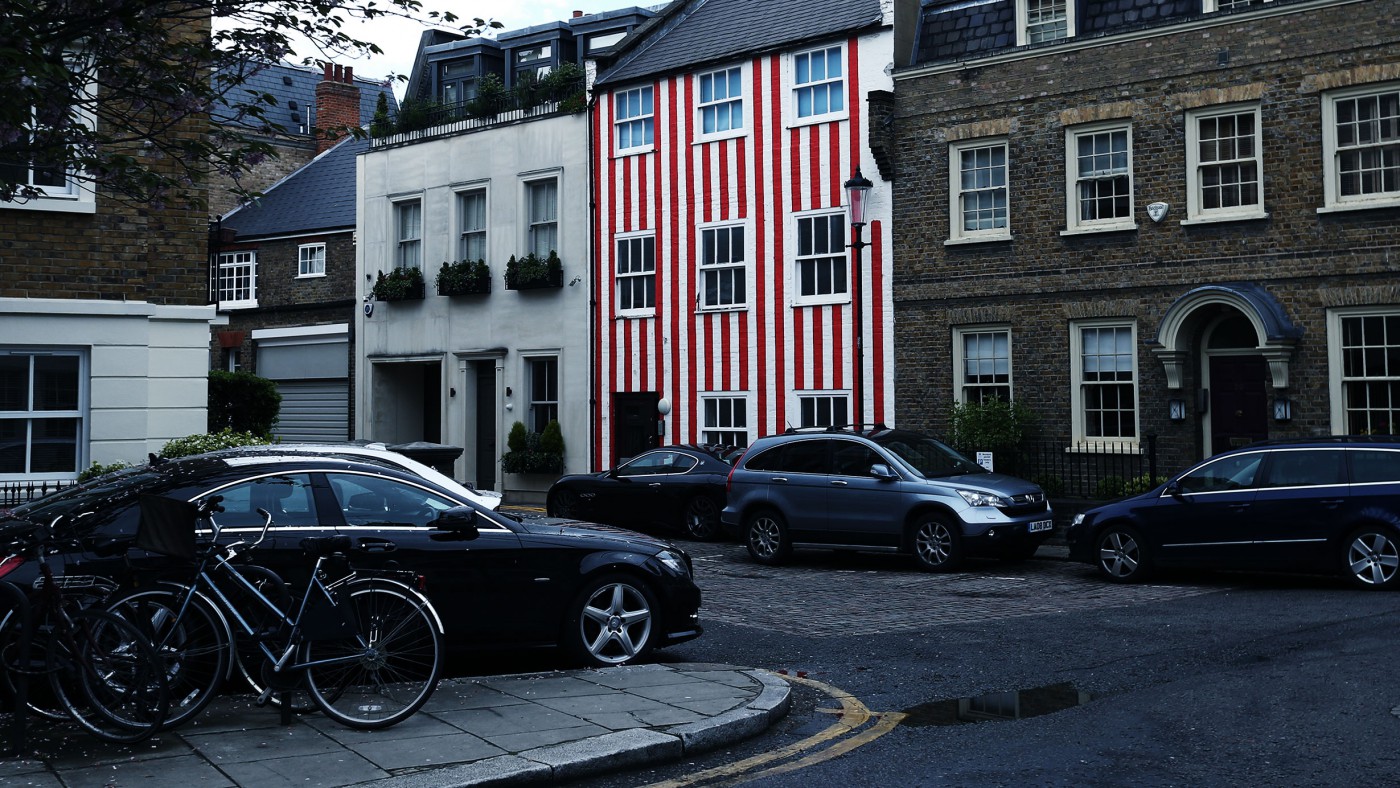A classical Conservative believes private property exists in a moral, not merely political sense. We could truly own things even if we lived on a stateless desert island and my property is truly mine, like my hair or my sense of humour. One of the things the state exists for is to protect private property from theft and banditry.
No true Conservative would support taxing people differently depending upon their hair colour or how humorous they were. There is no objection to taxing people for what they do with their hair (e.g. modelling) or sense of humour (e.g. writing plays), but we do not believe in taxing people according to what they are.
Yet sometimes Conservatives play with the thought that the UK should have wealth taxes – even though property is just like hair or a sense of humour. For example, in today’s Financial Times Janan Ganesh – the biographer of the UK’s Chancellor George Osborne – suggests we should impose “wealth taxes” upon the “asset-rich”. CapX contributor Tim Montgomerie is another who advocates taxing “assets and inheritance more”.
But if we tax property we undermine people’s ability to enjoy peacefully the fruits of their efforts and the efforts of those around them.
Suppose, for example, my mother were a great painter and she gave me a very valuable painting she had done. If the state estimated the value of that painting and then imposed an annual tax on it, eventually I might have to sell that painting when all I really wanted to do with it was have it hanging on my wall to remind me of my mother. Wealth taxes are an attack upon the stability of property accumulated and turn the state from the protector of the stock of property into a looter of it.
A key reason it is legitimate for the state to tax what we do with our features and skills is that the state facilitates trade (including trading labour for things). When we work or sell things, there is a greater value to the transaction because the state guarantees and protects it. So it is legitimate for the state to take a portion of that added value (e.g. as income or sales taxes) – it is in some sense the state’s share of the value it adds.
Certain kinds of property right exist only insofar as states themselves exist. So for example patents or mobile phone spectrum can only be owned at all because the state creates a right to them. When there is only a property right because the state creates it, it is legitimate for the state to make a periodic charge for the continuation of that right (as indeed the state does do in the case of patents).
The other kind of case in which it might be legitimate for the state to make a charge would be if the state or society collectively were fundamentally the owner of something, so the person controlling the property didn’t really own it themselves. In such a case, the state might make a charge to the “property owner” as a kind of rent.
Land is an oft-argued albeit contentious example, and historically there was a periodic charge on all land called “socage”. The idea of re-establishing a socage system was floated in a recent Europe Economics report for Shelter.
Of course, some socialists regard all property as fundamentally collective. They think of it all as “ours” for “us” to decide how it is distributed. So they worry about how “fairly” property is distributed.
Yet a Conservative should not believe that all property is collective by nature and distributed only according to social utility. Setting aside special cases such as patent charges, wealth taxes are morally illegitimate – just like hair or wit taxes would be.


